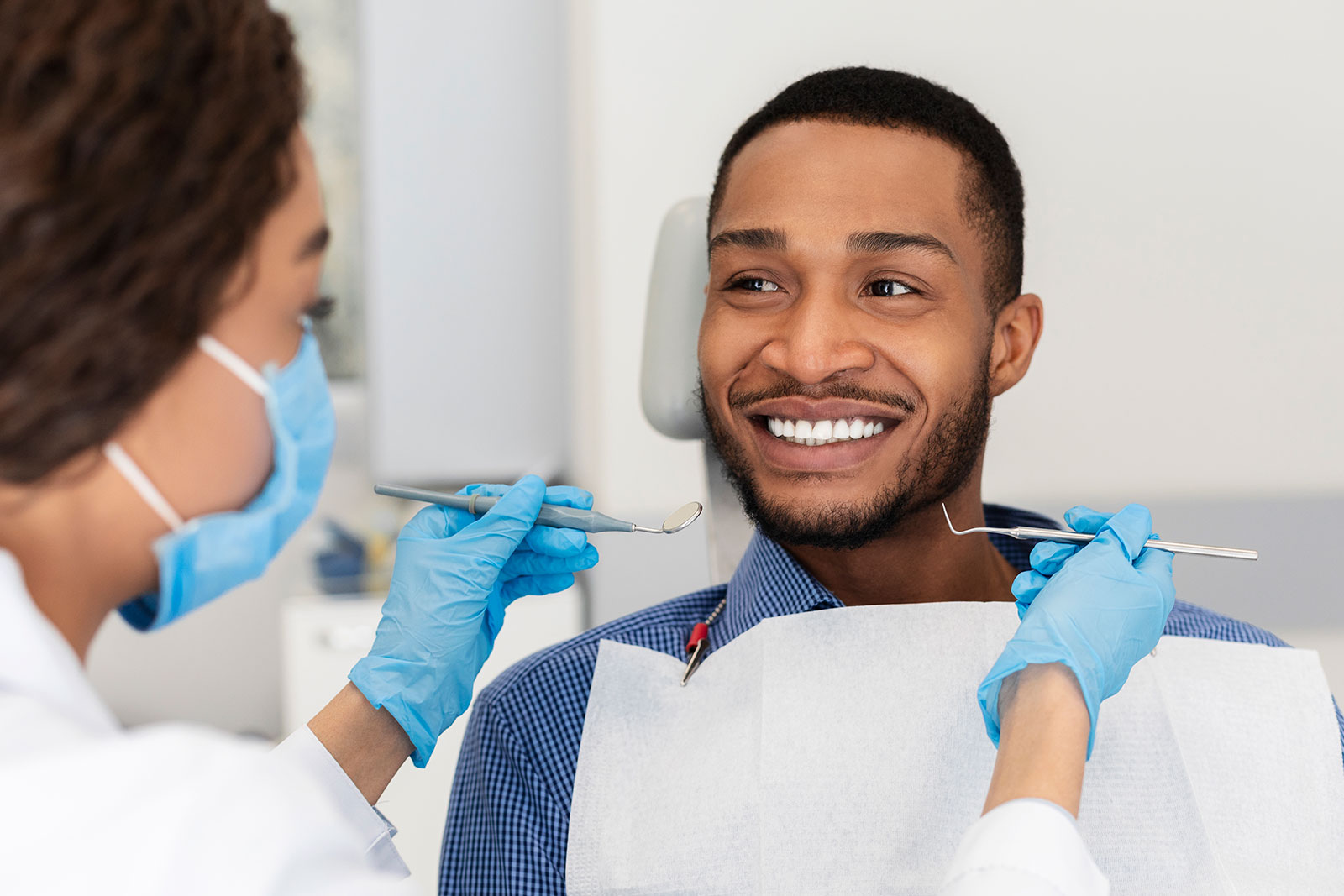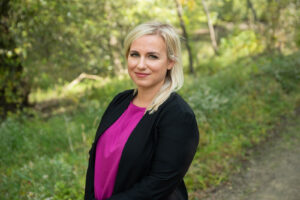In 1992, while Jill Meyer-Lippert, RDH, was beginning her dental career, her mother was diagnosed with breast cancer. While learning the ins and outs of a dental office as a dental assistant and receptionist, her mother was undergoing rigorous chemotherapy and suffering from treatment-related oral symptoms and side effects. Meyer-Lippert couldn’t just witness her mother’s pain and suffering — she had to do something about it.
Her research into helping manage her mother’s short- and long-term oral side effects led her to found Side Effect Support in 2013, a company dedicated to helping cancer survivors manage oral health issues related to treatment for cancer.
Founding a company wasn’t part of the initial plan. She just wanted to help ease her mother’s suffering, because her doctors were no help. “They basically just shrugged their shoulders and said that’s just part of your treatments. You need to deal with it, and there’s nothing you can do,” Meyer-Lippert says.
What she found surprised her — what her mother was experiencing was actually quite common among people receiving chemotherapy, both during and after their course of treatment. “Many times, people can have damage occur to their oral health, so sometimes they’re dealing with trying to repair this damage for a long time after their treatments are complete,” she says.
Meyer-Lippert believes dental health is not sufficiently managed by a patient’s team of doctors and nurses, and should be addressed at the time of diagnosis. “Ideally, that would be part of the treatment process,” she says, suggesting a dental visit before treatment even begins to ensure a patient does not have active tooth decay or infection.
“That is one of the biggest things — if somebody goes in with an infection inside of their mouth, and once their blood counts weaken from the treatment process, that infection has a better chance of being able to spread to other parts of the body, which can be really dangerous for them,” she says.
As chemotherapy weakens the immune system, infections become harder to fight off. But this is not the only oral health concern associated with cancer treatment. During treatment, common chemotherapy-related symptoms include dry mouth, mouth sores and a higher susceptibility to things like cavities, gum infections and thrush.
These symptoms can range from incredibly uncomfortable to life-threatening. “It can range from just a slight tenderness of the mouth tissues all the way to really severe ulcers that may prevent that person from being able to eat properly,” Meyer-Lippert says.
Ignoring dental health in a patient’s treatment plan can also lead to stress and anxiety down the road. Meyer-Lippert, who became a registered dental hygienist in 1994, refers to one of her regular patients who went through treatment for breast cancer — she says her patient was nervous to make a dental appointment because she was afraid she had damaged her teeth during treatment. Meyer-Lippert’s patient told her: “There were so many times I felt so nauseous, I did not feel like brushing my teeth; I was tired. It was just the last thing I wanted to do, but I kept telling myself, your hair will grow back, your teeth won’t.”
Mitigating the severity of these short-term side effects and long-term damage is why Meyer-Lippert wants proactive dental assessments to be part of the cancer treatment process from the very beginning. “If we know a person’s medical history and we can do a dental evaluation, [we can] put that together with their treatment plan to anticipate what type of side effects they are at risk for, and then try to do some really simple things to manage the issues,” she says. “Sometimes it’s really easy things [and] people can just change their routines at home a bit, so there doesn’t have to be a complex answer to it.”
Side Effect Support offers extensive resources to help people in cancer treatment manage their oral health. They also provide information about cancer care and dental clinics, and allow people to sign up for virtual dentist visits, with 24/7 access to help answer questions about immediate concerns to help them avoid an “emergency situation,” according to Meyer-Lippert. Side Effect Support also has an online shop specifically for people in cancer treatment, featuring products vetted by Meyer-Lippert to soothe treatment side effects and protect long-term oral health, without any irritating ingredients.
I kept telling myself, your hair will grow back, your teeth won’t.
As a registered dental hygienist, Meyer-Lippert is familiar with products that may do more harm than good. Her patient-focused position has also provided her with firsthand experience about the benefits of maintaining good oral health, especially concerning cancer patients. It all starts with good brushing habits. “For anybody that has had the dental plaque buildup that occurs on your teeth, that is actually considered a bacteria biofilm,” she says. “We want to keep the teeth as clean as possible, but do it as gently as possible, too.” Meyer-Lippert suggests avoiding detergents, like sodium lauryl sulfate, or anything with alcohol listed in the ingredient label, which can further dry the mouth and potentially lead to mouth sores.
On its website, Side Effect Support can help people find dentists who will incorporate procedures and products that reflect their status as a cancer patient. Patients should consult with their oncologists about the timing and frequency of dental visits, because they’ll know when would be a good time to make an appointment, as it depends on a patient’s blood count. “There can be times in your treatment process where the blood counts are too low, especially the white blood cells that have to fight infection,” Meyer-Lippert says. She also notes that platelets help with blood clotting, so dental care while someone has a low platelet count could be dangerous. “As long as your blood counts are stable, it’s good to be seen,” she says.
Meyer-Lippert’s initial goal was to share this sort of information with her mother during treatment, but her research taught her that dental health was an underserved part of the wider cancer community. Even before starting Side Effect Support, she knew she had something that could be meaningful to other cancer warriors. That’s why in 2006, after losing her father to Hodgkin’s disease, she created a volunteer program at a local hospital, which distributed goody bags for people receiving cancer treatment.
“Everybody who started treatments was able to go home with something right away,” she says. The goody bags included information and product samples — “Something that they could start using before problems even had a chance to start.”
This corresponds with the overall mission of Side Effect Support. “[I] think sometimes people wait for problems to start, and then they want to make the changes, but sometimes then it’s too late,” she says. She knows the importance of prevention, and believes doctors and dental professionals should work in harmony to reduce health risks and improve quality of life. “I want more treatment facilities to understand the benefit of the collaboration of care,” she says.
Meyer-Lippert hopes Side Effect Support will only continue to grow and evolve. Her sights are set on providing more educational programs for other dental professionals and raising awareness about dental care in cancer treatment, for cancer warriors and the people who treat them.
Because, as she says, when you find out you have cancer, oral care goes to the back of the mind — “Unless somebody really takes the time to let you know why it would be a concern, and [makes] sure that you’re covered with that part of your health,” she says. That’s what Side Effect Support is all about.







